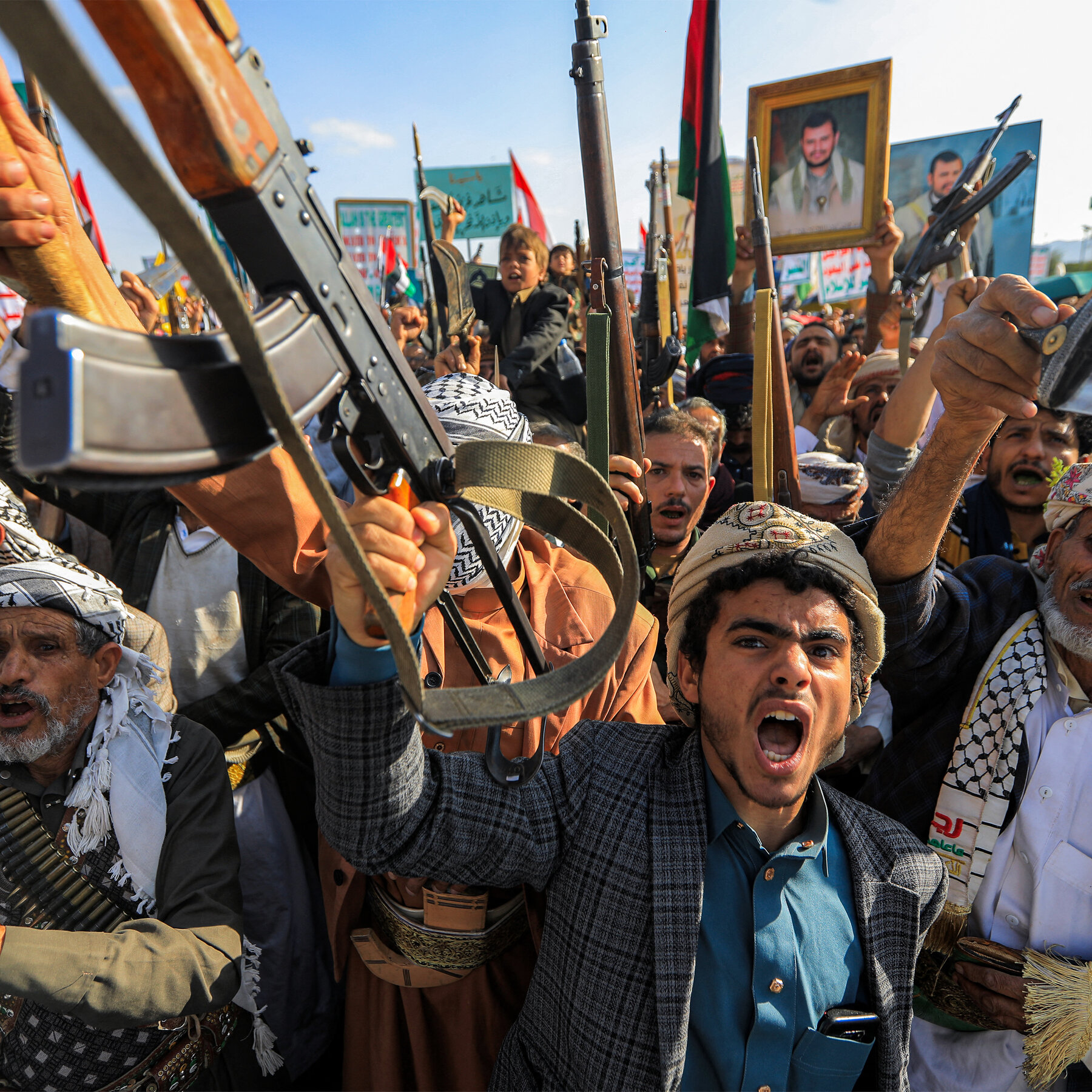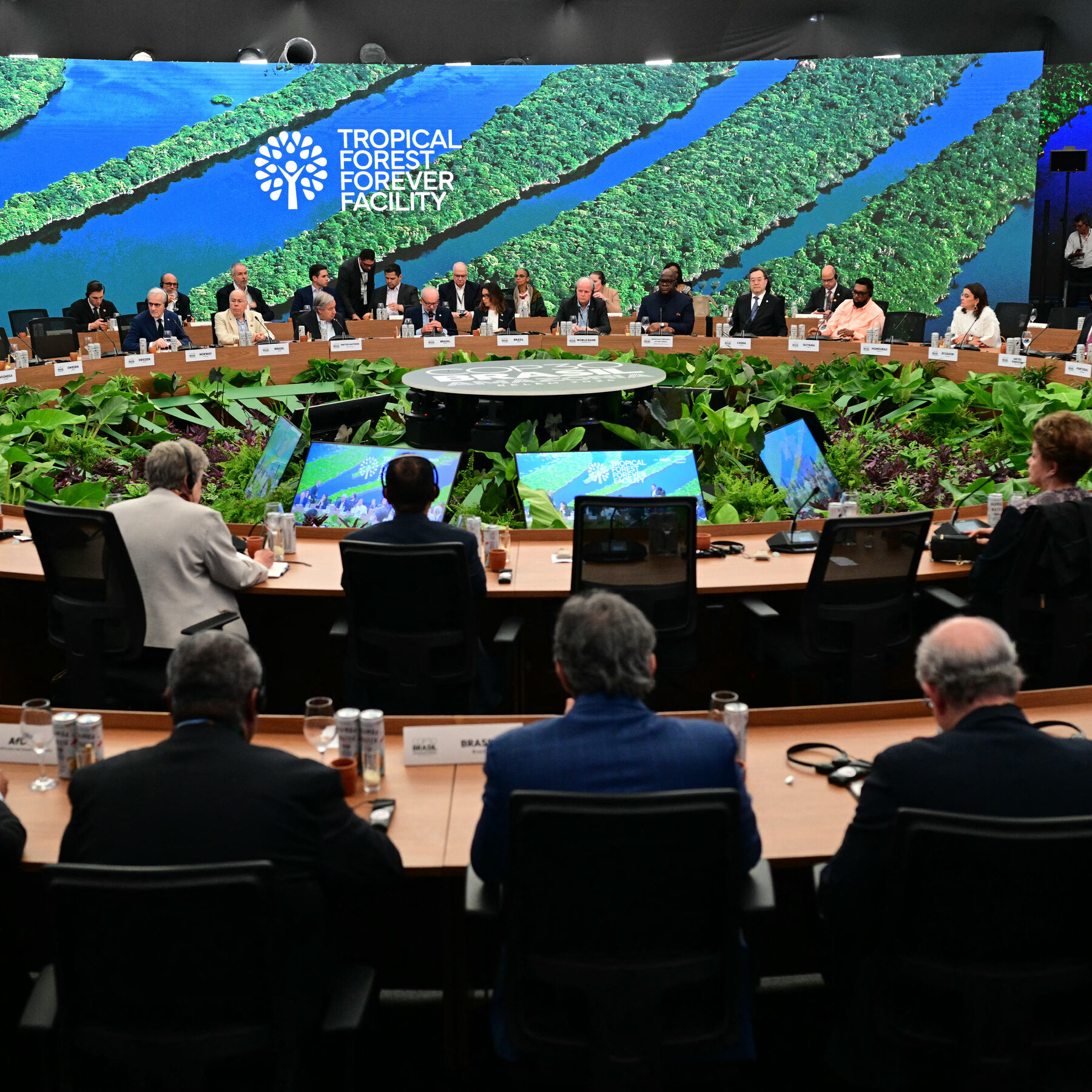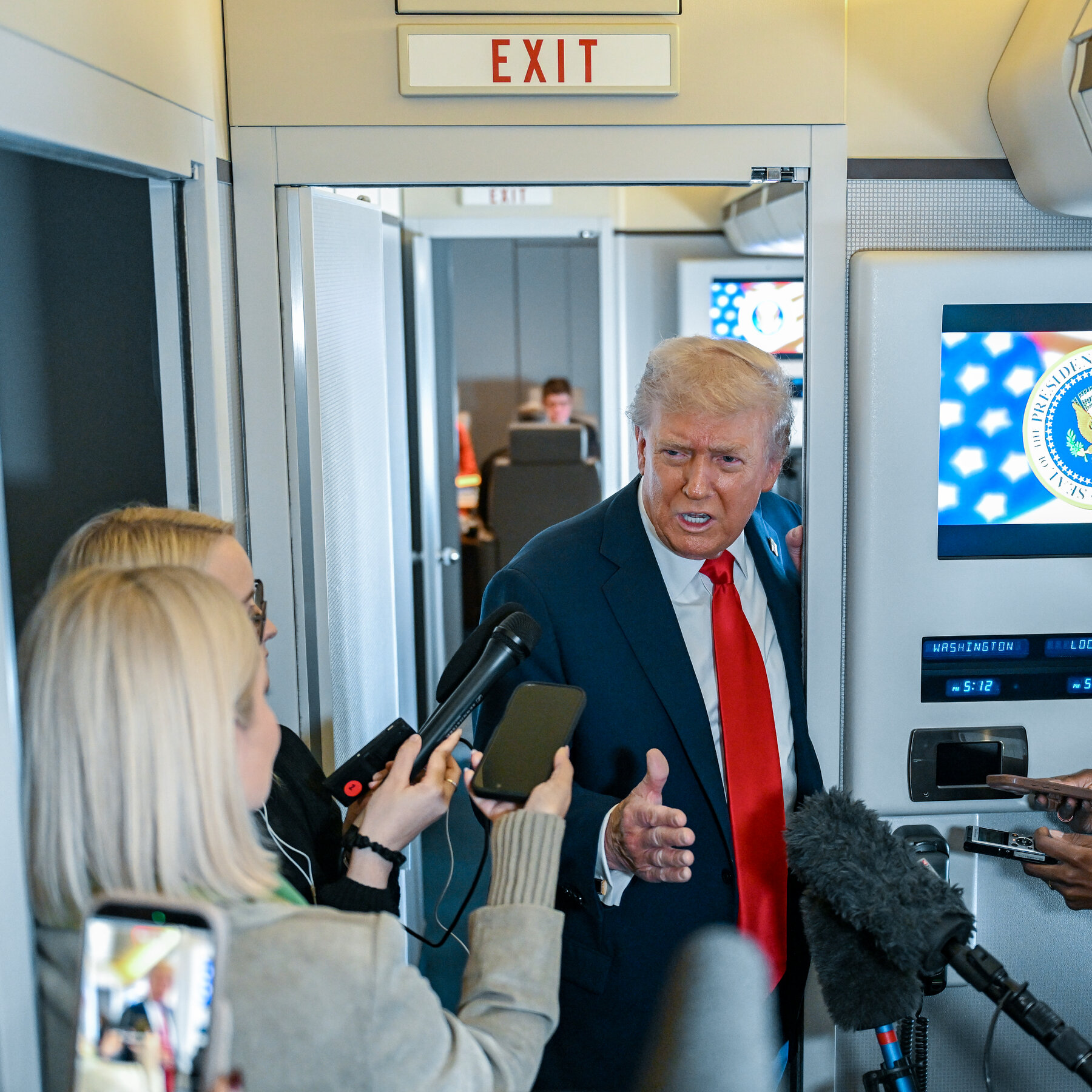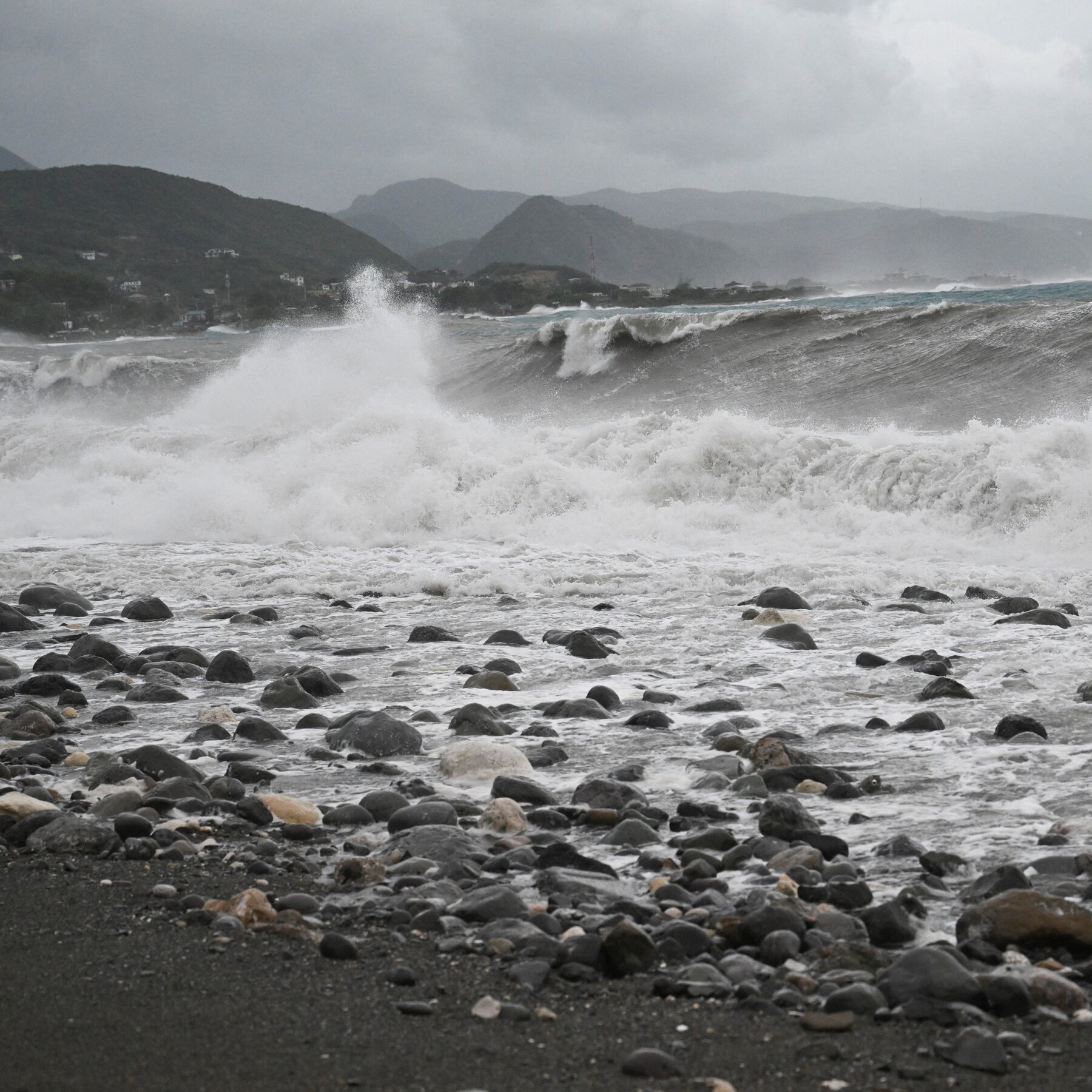Palestinian Voices Missing from U.S.-Led Center Shaping Gaza’s Future
International Delegates Gather in a Central Israeli Warehouse
U.S. and Israeli military officials, along with foreign diplomats and humanitarian aid workers, have converged in a repurposed warehouse in central Israel to map out the next steps for Gaza after the conflict.
The Key Absence: Palestinians
Despite the magnitude of the gathering, the very people most affected by the war—Palestinians—are not at the table. Their exclusion has sparked criticism from observers who question the legitimacy of any plan crafted without direct input from the community that will live with its outcomes.
Calls for Inclusive Planning
Human‑rights groups and regional analysts are pressing the organizers to establish mechanisms that ensure Palestinian representation, warning that solutions devised in their absence may fail to address on‑the‑ground realities.
Potential Consequences of Exclusion
Without Palestinian voices, proposed reconstruction projects and governance frameworks risk being perceived as imposed rather than collaborative, potentially fueling further mistrust and instability in the region.
What Comes Next?
Stakeholders say that for any future plan to be durable, it must incorporate the perspectives, needs, and aspirations of Gaza’s residents. The ongoing dialogue may yet evolve to include broader participation, but for now, the absence remains a stark reminder of the challenges ahead.







Gazzeli insanların sesinin duyulmaması çok üzücü. Planlar onların katılımı olmadan yapılıyorsa, bu planlar başarılı olmayacaktır.